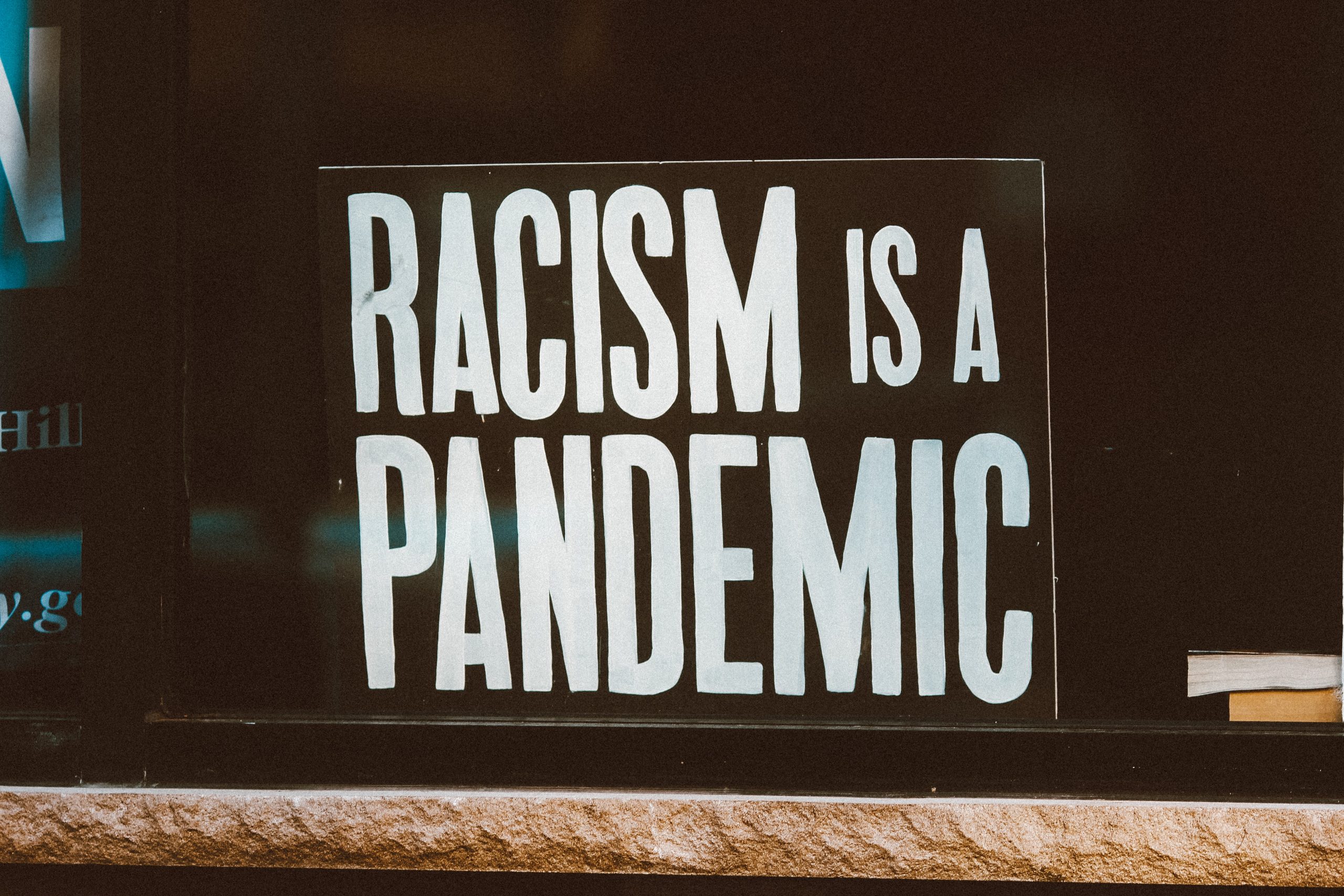The onset of the Covid-19 pandemic forced many of us to embrace a work-from-home lifestyle. As we entered lockdown in March 2020, those of us who started working from home attempted to familiarise ourselves with the new concept while we struggled with endless Zoom meetings.
It’s fortunate that lots of us fared pretty well, and even grew to love working from home for the benefits it gave us: no commuting, time to do laundry, home-cooked meals, less distraction from co-workers. One benefit that may be less obvious to many was only experienced by people of colour: we were able to escape microaggressions and overt racism from colleagues and managers.
People of colour constantly experience racial microaggressions – subtle and indirect discrimination, verbal or physical – in the workforce. Incidents of less overt racism, such as asking to touch a Black person’s hair, asking ‘where are you really from’ or complaining about the smell of ethnic food in the work kitchen are the lived experiences of many in an office. A lot of us have had to deal with these ‘sly’ comments for years, and in a variety of workplaces, while managers peddle a diversity and inclusion strategy that often doesn’t do all that much.

Credit: Markus Spiske / Unsplash
These microaggressions did not disappear during the pandemic and some may even have been exacerbated by coverage of the Black Lives Matter protests last year, as well as other major discussions about race in the world. But people of colour who have been allowed to work from home have been better able to shield themselves from them than they would have been in an office environment.
It’s much easier to log off, remove yourself from the Zoom call or simply close your laptop for a while to escape your colleagues than to walk away from them in a small, open-plan office. At home, we are in our own safe spaces, easily able to connect with friends, housemates and partners, as well as being surrounded by familiar comforts when confronted with ignorant or racist workplaces.
Compulsory diversity education is necessary in all places of work. It should be as standard and widely practiced as showing someone where the fire escape is.
As a return to the office feels imminent for many people, assuming they haven’t already taken that step, people of colour will find themselves once again open to these abuses, having to dodge or smile through questions and comments about their race, background, religion or culture.
James*, a person of colour, says he feels “extremely on edge” about returning to the office, but more so because of “alienating” himself from others when speaking up about racism.
“I’m not nervous about experiencing racism or microaggressions when I return to the office,” he said. “Unfortunately, it is something that I have come to expect as part of my daily experience in that environment. The thing that makes me the most nervous is the fact that if I speak on it at work I will be told that I’m ‘overreacting’ or risk alienating myself further from a team that doesn’t look like me and doesn’t come from the same walk of life. I am nervous that I won’t be believed when I talk about the racism and microaggressions I will receive.”
Experiences like James’s are all too common. Although it is suggested that people of colour should call others out for this behaviour, or report them to managers or even to HR, we risk causing trouble for ourselves by doing so. Not only can colleagues turn on us even more, even if they are not the ones accused of such behaviour, but people of colour can be ‘punished’ in their careers for speaking up about such matters. A prime example would be the incident featuring Naga Munchetty of the BBC who was reprimanded for breaking impartiality guidelines after speaking up about racism.
James says he will probably keep the racism and microaggressions he experiences to himself “because the risk of speaking up is too high.” He explains that he would “definitely prefer to work from home as a result of racism at work”, as then he can more easily separate himself from toxic environments.
Though movements like Black Lives Matter and other initiatives towards diversity and inclusion within the workplace have made some positive strides, James believes that the key to truly improving the experiences of people of colour in offices is to have “more diversity at management level.”
“It is important that the people in the position of influence aren’t only guessing or assuming the best way to rid office spaces of racism, but that they also have lived experiences of the issue,” he says. “Compulsory diversity education is necessary in all places of work. It should be as standard and widely practiced as showing someone where the fire escape is. Ignorance breeds hate, and education is the key to resolving this.”
People of colour deserve to work freely without the risk of discrimination or racial abuse, but unfortunately returning to the office after the pandemic may come too soon for that.
*Name changed for privacy reasons
The views expressed in this article are those of the author and do not necessarily reflect the views of EachOther.
About ‘The Inspired Source’ Series
This series is part of our work to amplify the voices of aspiring writers that are underrepresented in the media and marginalised by society. Each piece examines a human rights issue by which the author or their community is affected. Where possible, authors outline a position on how we might begin to address the issue. Find out more about the series and how to send us a pitch on this page.



